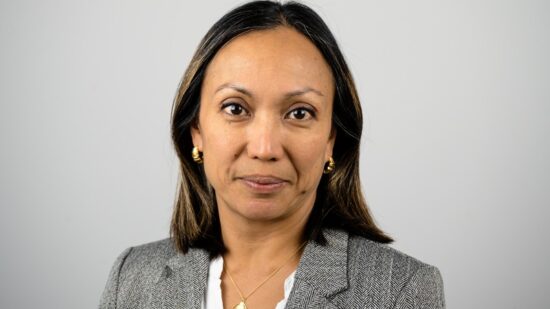Following the release of the FSA’s final guidance on independent and restricted advice yesterday, Reynolds said the regulator and its employers "have very limited experience of how demanding wealthier clients are and how they expect to have a full choice of products".
In the FSA’s guidance on the standard for independent advice, which Portfolio Adviser wrote on yesterday, the City watchdog reiterated its definition of a retail product, essentially boiling it down to regulated collective investment schemes.
It also confirmed that it "expects there to be very few types of investment products sold to retail clients that would not fall within the definition" of a retail investment product.
Reynolds revealed to Portfolio Adviser last month that Courtiers would have to offer both an independent and restricted service after 31 December, in the post-RDR landscape.
This is because clients with more experience and a higher level of understanding about investments will expect to be advised on the full range of options, from funds to ETFs, and from shares in a company to gilts.
To be able to do this in the new financial services world, Courtiers will have to offer its discretionary service as restricted.
Wealthier clients expect bespoke
"The wealthier clients hunt for you and assume you will take everything on. They do not want to be involved in the smaller decisions, they need accountability and want it reported but they expect bespoke, it is not sold to them."
Reynolds said the FSA has treated discretionary investment management as a product rather than a service because it thinks it is down to the adviser to decide if their client needs discretionary or not.
"In our experience, wealthier clients expect it."
The number of hoops the FSA has now put in place for advisers to jump through if they want to remain independent could also force more and more into a restricted role.
"Perhaps the FSA has decided getting rid of the smaller traders that have been a thorn in their side for far too many years now is the right way to go. Maybe they think they have far too much clout, far too much to say and cause far too many problems," Reynolds added.
He explained that his firm had to pay a "six-figure sum" to help fund compensation for the collapse of Keydata: "A lot of that would have been products flogged by small advisers".
"Perhaps the FSA sees it as easier to deal with the big guys because they have got the balance sheets if they get into trouble," he concluded.
Do you agree with Reynolds? Let us know what you think below…







